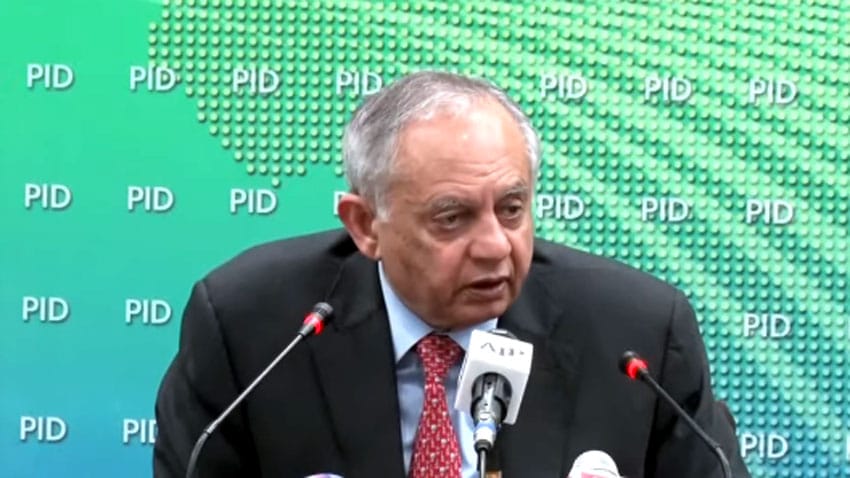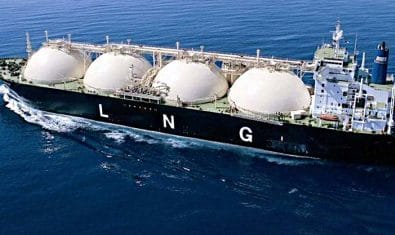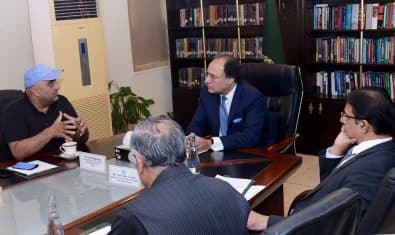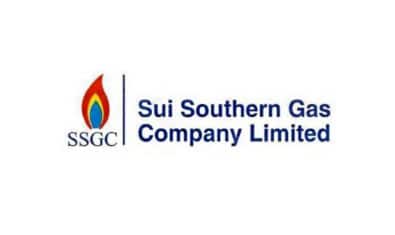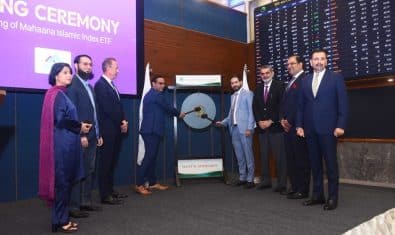The government has approved a textile policy that will boost Pakistan’s exports to reach $42 billion in the next two years.
Addressing a news conference in Islamabad on Wednesday, the Adviser on Commerce, Abdul Razak Dawood, said that the federal Cabinet approved the policy yesterday.
He said that one of the policy’s main objectives is to give internationally competitive gas and electricity tariffs to the textile industry.
Dawood mentioned that the government had reduced duties on the import of raw material in the budget and this tariff rationalization has been maintained in the policy. He added that it will continue to provide financing facility to the textile industry.
The adviser said that the textile sector is growing phenomenally and its exports are expected to touch $21 billion by the end of this fiscal year as compared to $15 billion last year, which is a 26 percent growth of the sector. He added that the export target for the next year is $38.2 billion, and $42 billion for 2024-25.
Regarding the widening trade gap, Dawood opined that the overall commodity prices increase had resulted in increased imports.
He said that the Strategic Trade Policy Framework (STPF) has already been approved and is being implemented. Pakistan is at the seventeenth position in the exports of value-added products, second in home textiles, and third in towels. Furthermore, it stands sixth in hosiery exports.
“We are aiming at value addition and growth in product diversification,” he remarked.
Dawood also called for greater value addition and diversification of products to tap the country’s potential in textiles. He said that 75 percent of Pakistan’s exports are in only ten countries and it must diversify its exports “not only in the textile sector but also other areas like IT, Pharmaceuticals, Engineering good, fruits and vegetables, and it is a big challenge”.
The salient features of the textile policy are:
• To maintain competitive energy rates at the regional level throughout the policy period.
• To increase value-added exports with products and geographical diversity.
• Enhancement of a balanced and productive economy.
• Capacity building in terms of infrastructure and supply chain development, marketing, implementation, and R&D.
• Development of strategies to promote the ‘Made in Pakistan’ brand.
• To facilitate international buyers to set up offices in Pakistan and launch large-scale skills development programs, especially for women and SMEs.
